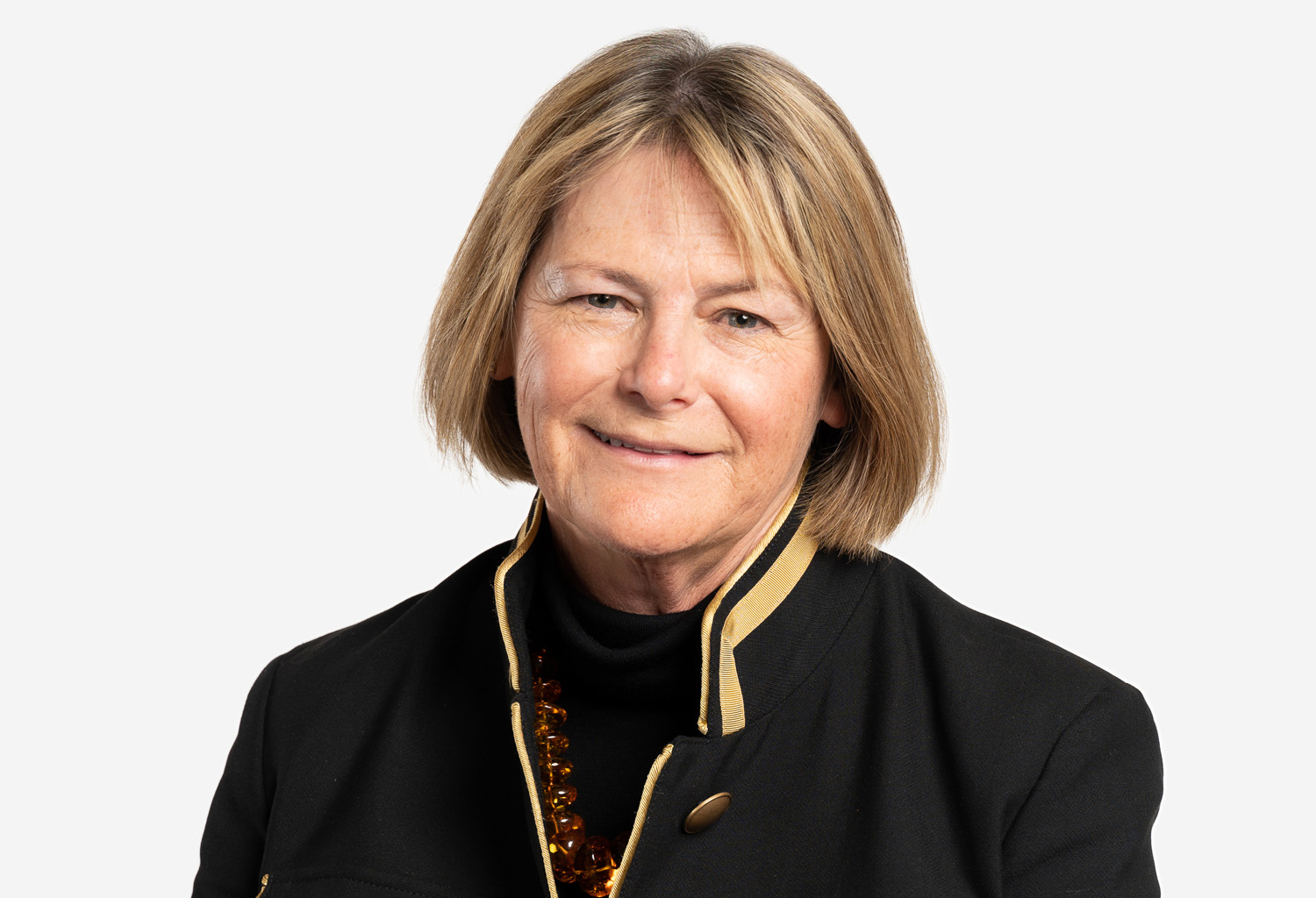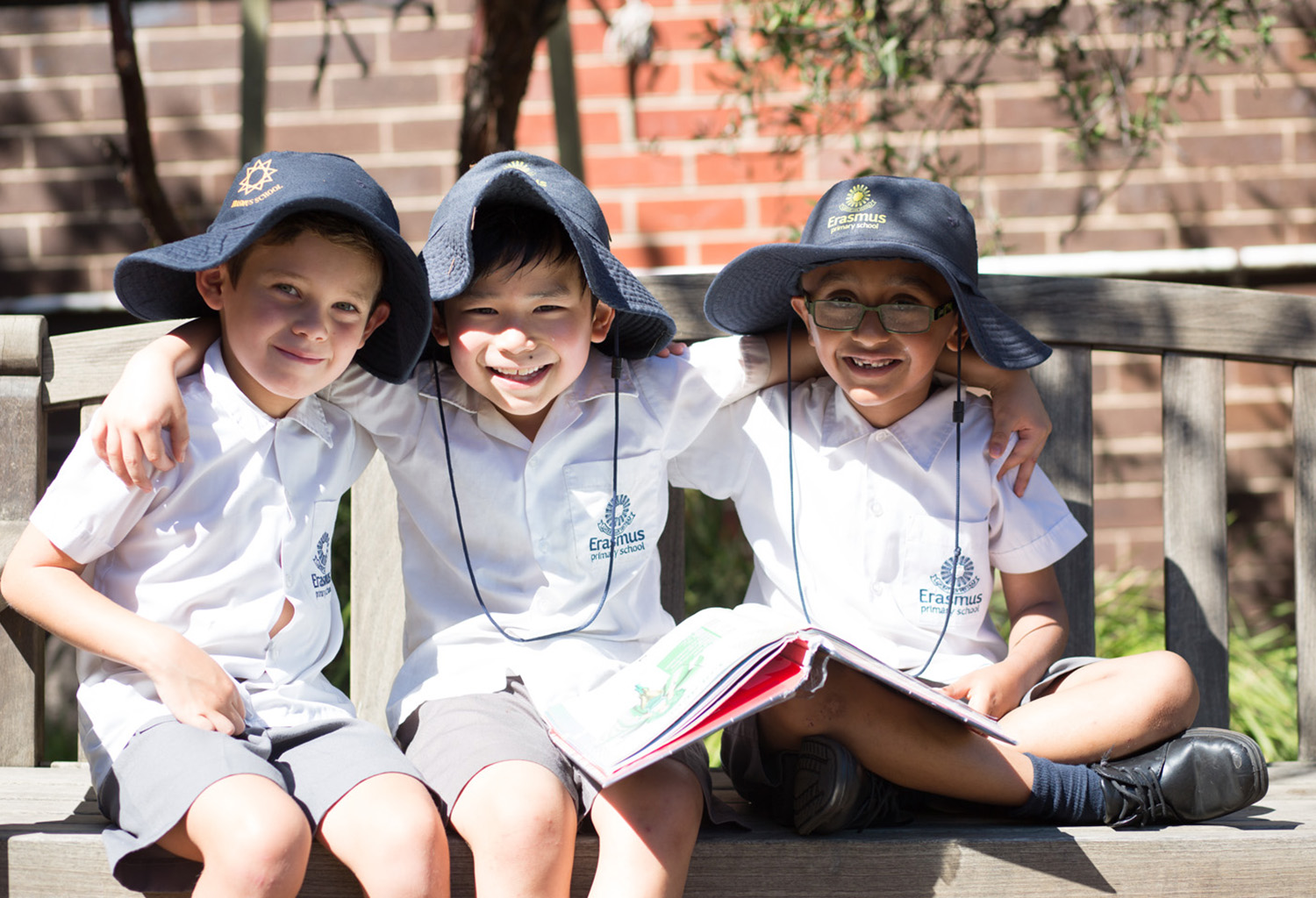Teachers are here to serve – they shouldn’t be used as ‘sitting ducks’

3 min read
Sobering stories from educators and school leaders present a dilemma for everyone with an interest in education, writes Michelle Green.
A few weeks back, amid national debate about an impending teacher shortage, I received a note from a highly experienced retired teacher and academic who lamented the way her former and much-loved profession was being portrayed in public commentary.
She told me it had been a privilege to teach in a career that spanned 35 years. She had worked in different countries, had continued to learn throughout her career in different school sectors, had worked alongside respected colleagues teaching students from diverse backgrounds with ‘unbelievable talents’, and had met passionate parents who only wanted the best for their children.
Yet she said public discussion suggested teaching was a terrible career: the pay was said to be poor; the hours were long; students were unruly and their parents were difficult; and teachers were distracted by irksome administrative tasks while delivering a cluttered curriculum.
She said those involved in the debate surrounding education need to ‘affirm the positive contribution to students and society made by wonderful teachers’, and if there were things that weren’t working in schools then action should be taken to fix them.
“We need to reaffirm the positive contribution teachers make to students and society, while acknowledging and dealing with the challenges confronting them.”
Increasingly complex and excessive demands imposed on leaders
A few days after receiving her note, I heard a number of current school leaders speak about their recent experiences. All were passionate about and committed to their work. But they also talked frankly about some of the negative issues confronting school staff and suggested ways they could be fixed.
One spoke of the ‘extraordinary toll’ on Principals due to the increasing complexity of their roles and the excessive demands being imposed on them – a toll reflected in the leadership churn being experienced in all school sectors.
Another focussed on the need to value teachers instead of imposing unreasonable expectations on them. He said it was time for governments and all those involved in school education to collaborate and plan, so that all teachers received sound initial education, had mid-career pathways, were adequately rewarded, and were freed from excessive reporting and administrative tasks.
Teachers are here to serve, he said, ‘but sometimes we’re sitting ducks’ for ill-informed critics.
A recurring issue in what these educators had to say related to time consuming, protracted and sometimes frivolous regulatory and reporting requirements, imposed by uncoordinated official agencies with little practical experience in schools.
Vexatious complaints from a minority of parents were also mentioned, with one school leader citing the case of an overbearing parent who presumed to sit in on her daughter’s online classes, commenting on and criticising the teacher’s performance while the class was underway.
These were sobering stories. They present a dilemma for everyone with an interest in education: how to reaffirm the positive contribution teachers make to students and society, while acknowledging and dealing with the challenges confronting them.
No simple solutions, but two possible starting point
There are no simple answers but here are two possible starting points in addressing some of these challenges.
The first is that governments and those that set education policies should audit all the legislation and regulation, and all the reporting, administrative and compliance requirements, imposed on schools and teachers. They should consider if all of these requirements are coordinated, effective, easy to understand and implement, necessary, and whether they distract teachers from their primary role.
Secondly, to find out what’s working in our schools, and what’s not, we should listen not to the loudest voices in public debate, but to those with practical classroom and school leadership experience. By listening, we might go some way to affirming our respect for their professionalism.
Michelle Green was Chief Executive of Independent Schools Victoria from 2002–2023.



